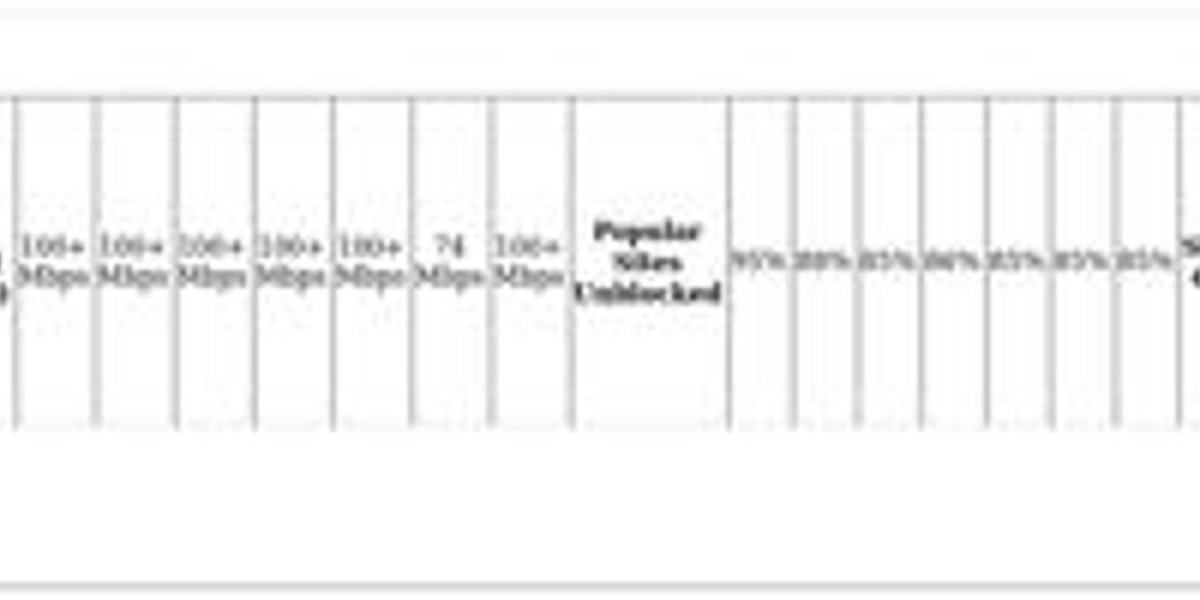The Europe Renewable Electricity Market Growth is experiencing significant growth as countries across the continent invest heavily in clean energy solutions to reduce carbon emissions and achieve energy sustainability. As Per Market Research Future, the market expansion is driven by government policies supporting renewable energy, technological advancements in wind, solar, and hydropower, and increasing corporate and consumer focus on sustainability. Renewable electricity is critical for meeting the region’s climate goals, reducing dependence on fossil fuels, and ensuring a resilient and eco-friendly energy supply.
Understanding Renewable Electricity
Renewable electricity refers to power generated from sources that are naturally replenished, such as wind, solar, hydro, biomass, and geothermal energy. Unlike conventional fossil fuels, renewable electricity produces minimal greenhouse gas emissions and helps mitigate climate change. Europe has been at the forefront of renewable electricity adoption, leveraging favorable geography, technological innovation, and supportive regulatory frameworks.
The shift towards renewable electricity is not only an environmental necessity but also an economic opportunity. Investment in renewable infrastructure creates jobs, reduces energy import dependency, and promotes innovation in energy technologies.
Key Drivers of Market Growth
1. Government Policies and Incentives
Europe has implemented ambitious renewable energy targets and incentive programs to promote clean electricity generation. Policies like feed-in tariffs, tax credits, and subsidies encourage investment in solar, wind, and other renewable projects, driving market growth.
2. Increasing Focus on Carbon Neutrality
European countries are committed to achieving carbon neutrality and reducing greenhouse gas emissions. Transitioning to renewable electricity is essential to meet these climate goals and comply with international agreements such as the Paris Accord.
3. Technological Advancements
Innovations in wind turbines, solar photovoltaic systems, and energy storage solutions have improved efficiency, reduced costs, and increased the reliability of renewable electricity systems. These advancements make renewable power more competitive with traditional energy sources.
4. Corporate Sustainability Initiatives
Businesses across Europe are increasingly adopting renewable electricity to reduce their carbon footprint and enhance corporate social responsibility. Corporate power purchase agreements (PPAs) are driving significant investment in clean energy projects.
5. Rising Energy Demand
Growing electricity consumption in residential, industrial, and commercial sectors is creating opportunities for renewable energy deployment. Renewable electricity provides a sustainable solution to meet increasing energy needs while reducing environmental impact.
Market Trends Shaping the Industry
1. Expansion of Offshore Wind Farms
Europe is a global leader in offshore wind energy. Countries like the UK, Germany, and Denmark are investing in large-scale offshore wind farms to generate clean electricity efficiently and reliably.
2. Growth of Solar Energy Installations
Solar power adoption is rising across Europe due to declining costs, government incentives, and increased efficiency of photovoltaic panels. Both utility-scale and rooftop solar installations are contributing to market growth.
3. Integration with Energy Storage Systems
Energy storage solutions, including batteries and pumped hydro storage, are increasingly integrated with renewable electricity systems. Storage enhances grid stability, enables peak demand management, and ensures uninterrupted power supply.
4. Development of Smart Grids
Smart grids enable better management of renewable electricity by balancing supply and demand, reducing transmission losses, and integrating distributed energy resources. This trend enhances the efficiency and reliability of renewable energy deployment.
5. Investments in Hybrid Renewable Projects
Hybrid projects combining solar, wind, and storage technologies are becoming popular in Europe. These systems optimize energy production, increase reliability, and reduce dependency on conventional power sources.
Challenges Facing the Market
Intermittency of Renewable Sources: Solar and wind energy generation is weather-dependent, requiring reliable storage and grid management.
High Initial Capital Investment: Large-scale renewable electricity projects require significant upfront investment, which can be a barrier in certain regions.
Grid Infrastructure Limitations: Existing grid systems may require upgrades to integrate renewable electricity efficiently.
Regulatory and Policy Changes: Shifts in government policies or incentive structures can affect project viability and market stability.
Despite these challenges, continuous innovation, falling technology costs, and increasing political and corporate support continue to drive market growth.
Regional Insights
Western Europe
Western Europe is leading in renewable electricity adoption, with countries like Germany, the UK, and France investing heavily in wind, solar, and hydropower projects. Strong regulatory frameworks and incentives support sustained growth.
Northern Europe
Countries such as Norway, Denmark, and Sweden are investing in offshore wind, hydropower, and biomass projects. Northern Europe’s favorable geography and climate support large-scale renewable deployment.
Southern Europe
Southern European nations, including Spain, Italy, and Portugal, benefit from high solar irradiation, enabling widespread solar energy generation. These regions are also expanding wind energy infrastructure.
Eastern Europe
Eastern Europe is witnessing gradual growth in renewable electricity due to rising energy demand, modernization of grids, and increasing foreign investments in clean energy projects.
Future Outlook
The Europe Renewable Electricity Market is expected to continue its strong growth trajectory as countries aim to achieve climate targets, reduce reliance on fossil fuels, and invest in clean energy technologies. Technological advancements, policy support, and integration with energy storage and smart grids will further enhance market adoption.
As Per Market Research Future, renewable electricity will play a critical role in Europe’s transition toward a sustainable energy ecosystem. The combination of favorable government policies, innovative technologies, and increasing private sector participation is expected to drive market expansion in the coming years, ensuring reliable, efficient, and environmentally friendly power supply across the region.
FAQs
1. What is renewable electricity?
Renewable electricity is power generated from natural, replenishable sources like wind, solar, hydro, and biomass that produce minimal environmental impact.
2. What factors are driving the growth of the Europe renewable electricity market?
The growth is driven by government incentives, sustainability initiatives, technological advancements, and rising electricity demand.
3. Which regions in Europe are leading renewable electricity adoption?
Western, Northern, and Southern Europe lead the market due to strong policy support, high renewable resource availability, and technological investments.
More Related Reports:








